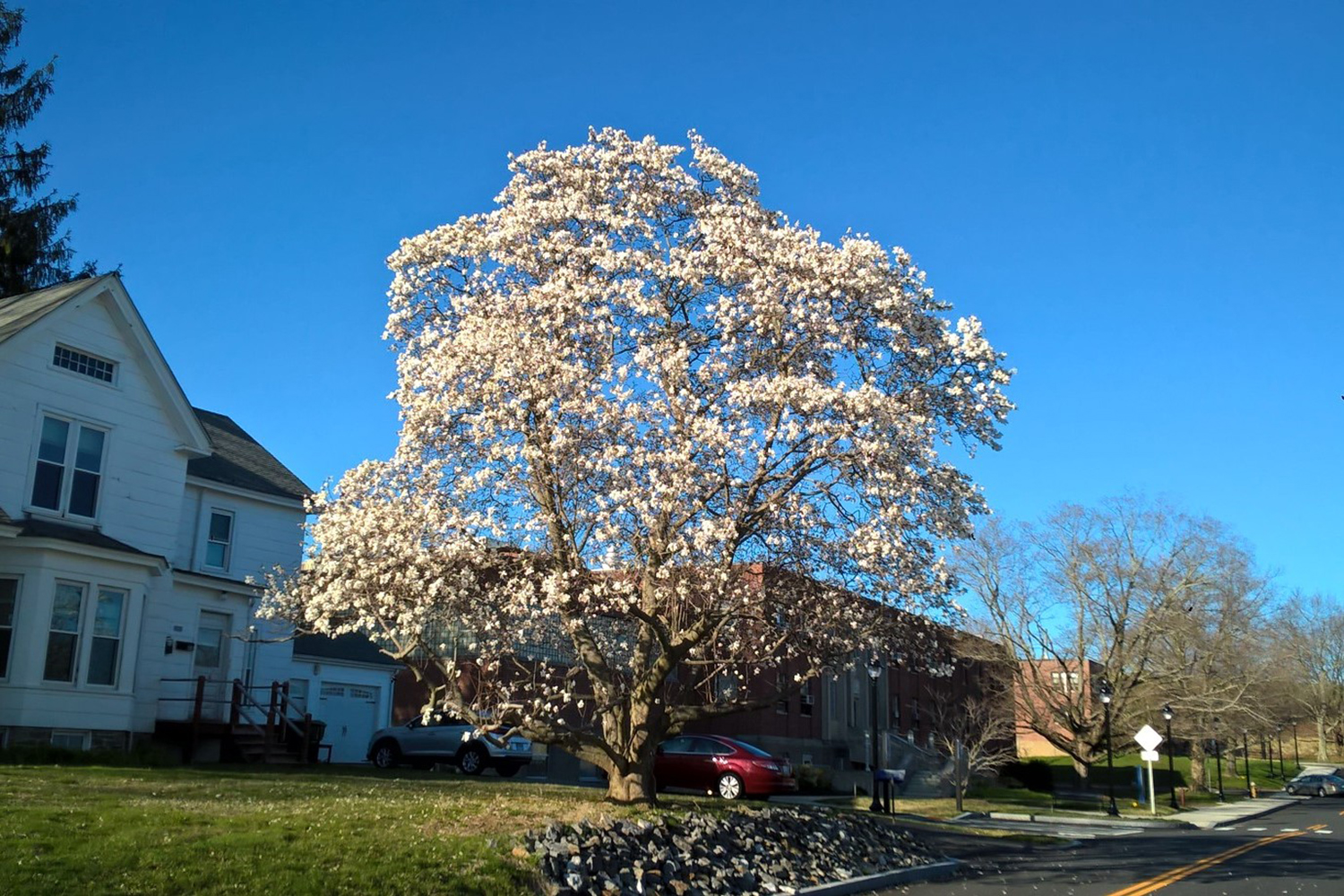Social distancing presents a host of challenges, but there are some benefits, such as ample opportunity to enjoy your backyard and garden. Whether you’re looking to pass the time, provide some hands-on science education for your children, or reduce stress and relax, gardening may fit the bill.
Dustyn Nelson, president of the Connecticut Nursery and Landscape Association, says that at this point state closures do not include nursery and garden centers that sell edible plants such as vegetables and fruit. In addition, many local garden centers are offering curbside pick-up during this pandemic.
For anyone seeking gardening information, the College of Agriculture, Health and Natural Resources Home and Garden Education Center is available to assist both novice and seasoned gardeners.
“We are a resource for the residents of Connecticut,” says Carol Quish, horticulturalist and program assistant. “My advice for new gardeners is to start small, be it pots of tomatoes or herbs on your sunny patio, to smaller raised beds with a few different flowers or vegetables.”
“We offer people science-based advice on plant selection and growing requirements including proper maintenance such as fertilizing, mowing, pruning etc. and pest control of woody ornamentals, trees, fruits, lawns, vegetables and herbaceous plants,” says Pamela Cooper, public service specialist and the center’s photographer.
“People trying to grow edible plants for the first time may need help determining soil, water, nutrient and light requirements to get optimal crops. We have written fact sheets on many plant and gardening issues as well. People can contact us for help in identifying problems and learning what to do to combat insect pests and plant diseases.”
Abby Beissinger, plant pathologist and assistant extension educator, is available to diagnose insect and plant diseases.
During the COVID-19 crisis, the Home and Garden Education Center will not be accepting physical samples. As the staff is working off site, gardeners with questions should send an email or call and leave a message. The staff is happy to return calls and emails. The center is accepting digital images to identify and diagnose. Please send them to ladybug@uconn.edu. For specifics on digital sample submissions, visit the Plant Diagnostic Laboratory’s COVID-19 operations page.
Nelson is hopeful that as people try to stay active there will be an increase interest in gardening and plants. He says, “The green industry has a tremendous opportunity to capture the interests of many and create lifelong gardeners or just appreciators of plants, which would be of great benefit to the environment and our health as a country. In our short-staffed industry, these unprecedented times will encourage innovation and open up great career opportunities, especially for those with a unique perspective in their newly found endeavor.”
Visit the Home and Garden Center website to sign up for their monthly newsletter or read back issues. Weekly tips are offered on their Facebook page. There are also plenty of photos to view on Instagram and Pinterest.



